Our Stories
Recent Articles
Behind the Scenes
The People's Gardens
Take a stroll through our pictorial tour to experience the beauty of these unique garden beds and meet a few members of the jurisdiction's Gardening team that work hard year-round to keep the Capitol campus looking beautiful.
Behind the Scenes
Hanami on the Hill: Cherry Blossom Season on U.S. Capitol Grounds
Nestled on the grounds of the U.S. Capitol, these trees stand as a symbol of renewal and spring. A few of the oldest recently received some unique preservation care.
Behind the Scenes
Picture Perfect: Capturing Iconic Images of the U.S. Capitol Grounds
See the Capitol campus through the eyes of an AOC Photographer.
Behind the Scenes
Photography and Technical Imaging Branch Marks 75th Anniversary
Recent historical research has confirmed that the Architect of the Capitol is home to the first federal government photography office, what is today called the AOC Photography and Technical Imaging Branch.
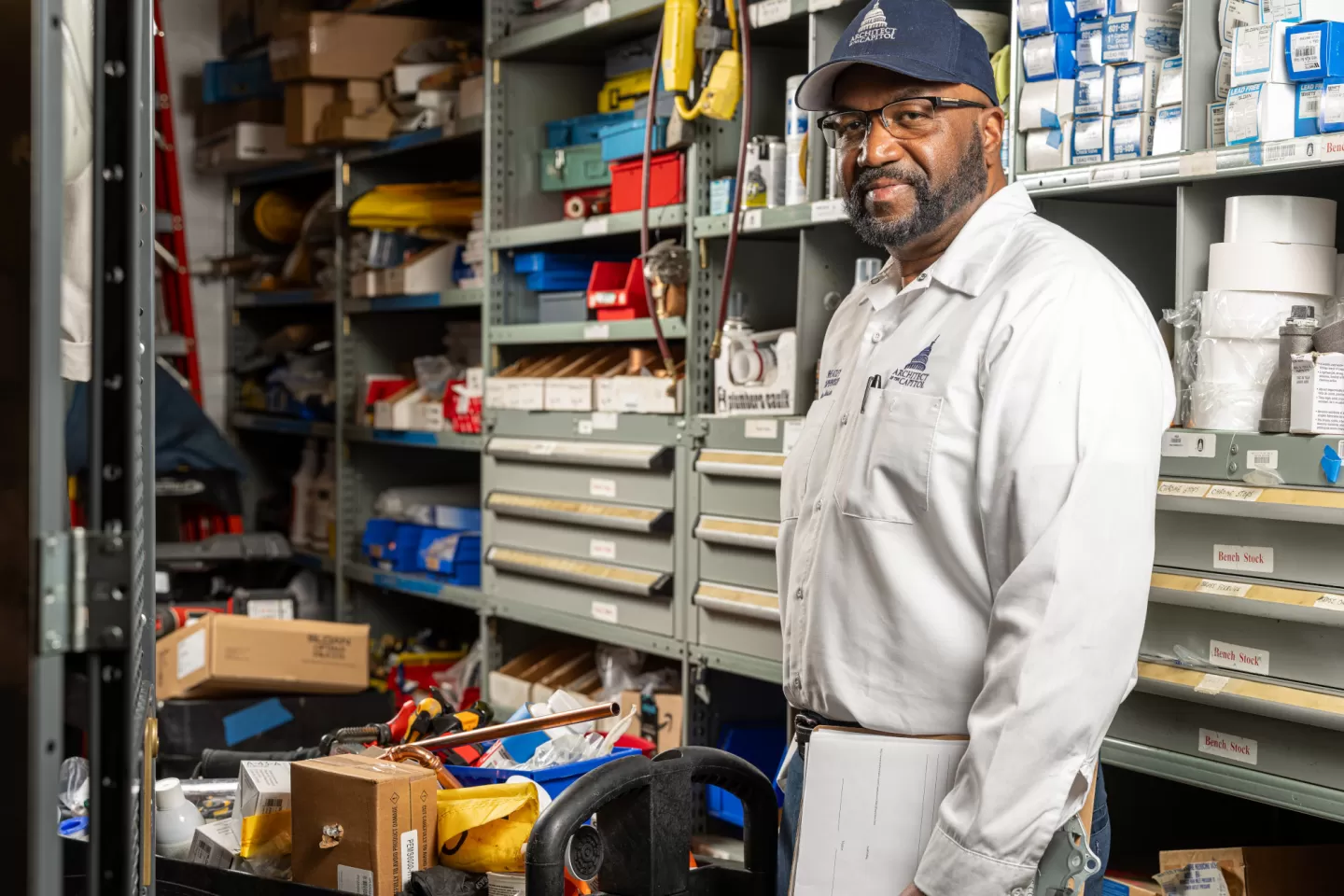
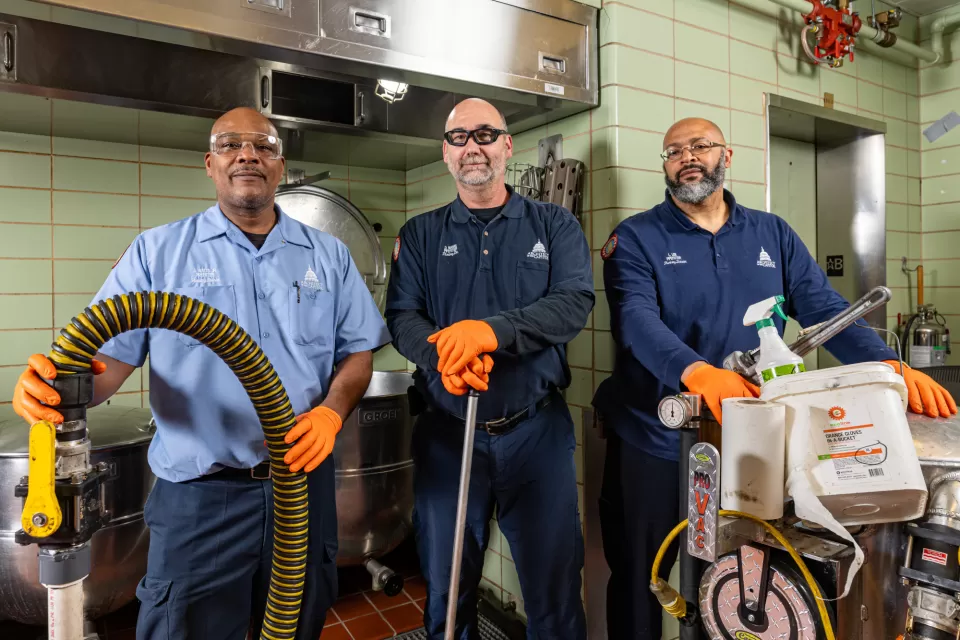
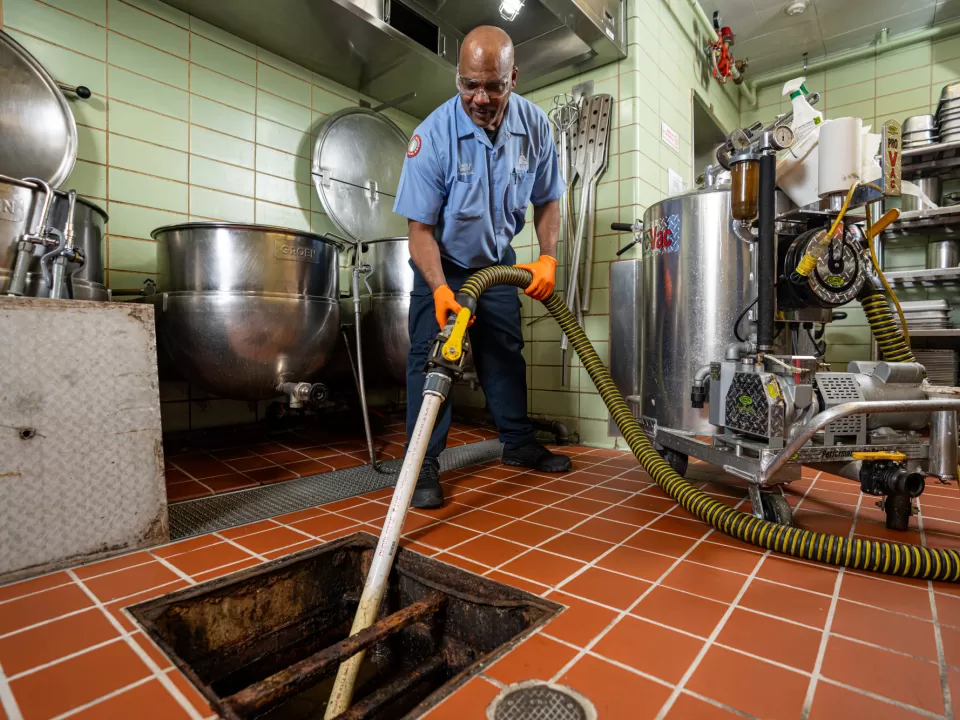
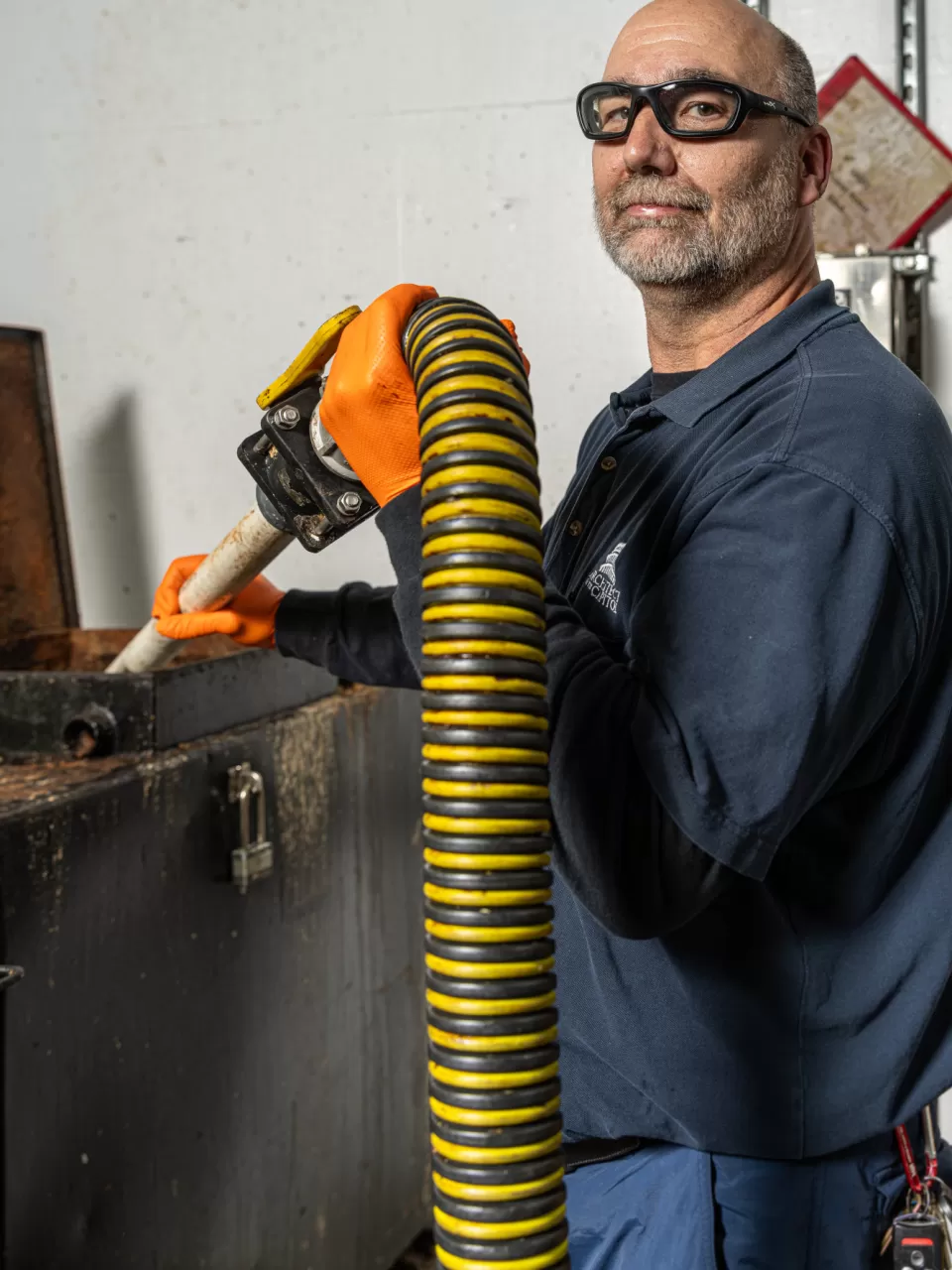
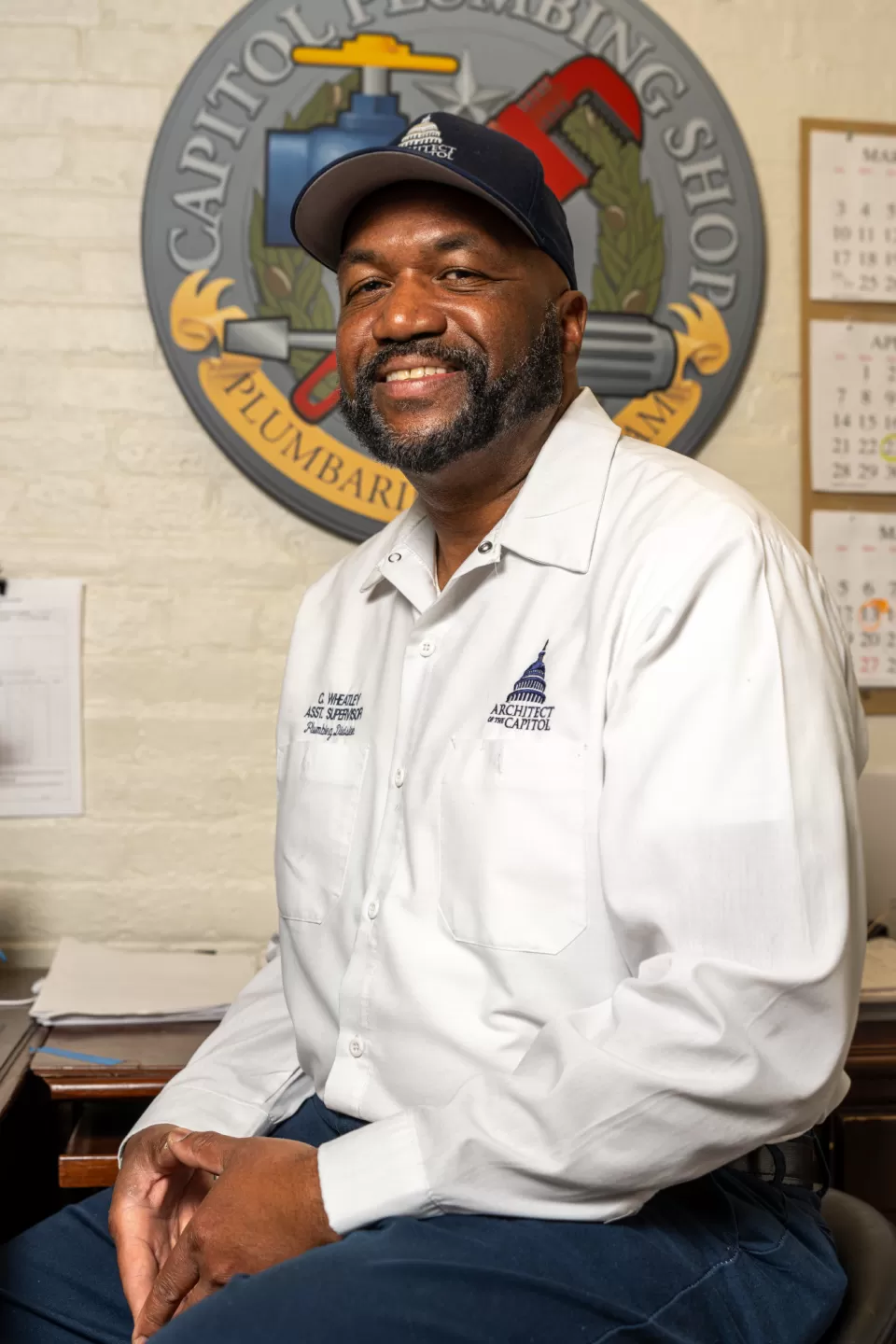
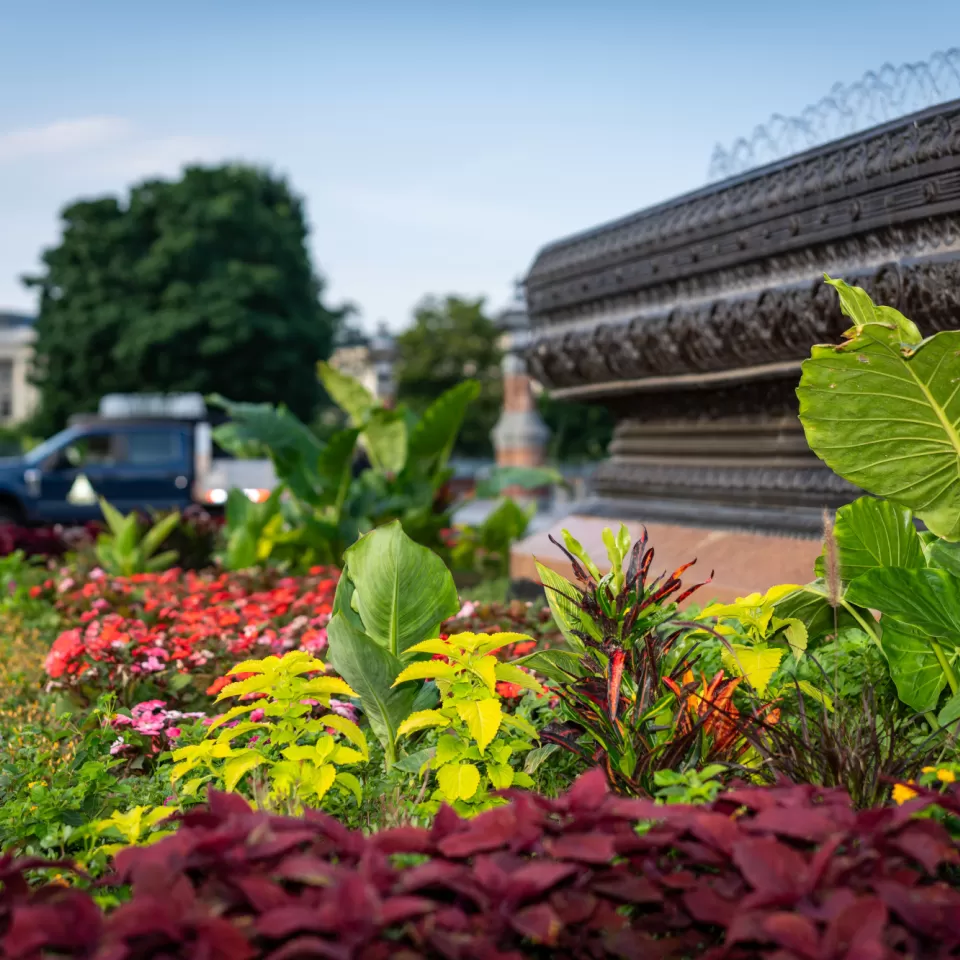



Comments
It takes a small army of people like these to keep the capital working seemlessly, I’ve visited the capital many time and it always amazes me how well it’s kept and maintained.
Much thanks
I went to work in the House of Representatives for Congressman Joseph Y. Resnick in January of 1965 as a Legislative Assistant. I subsequently worked for Congresswoman Shirley Chisholm as her Legislative Assistant after she was elected in 1968. I have enormous respect for all of the staff who work there and in the whole complex including the Library of Congress. Everyone I ever met from people preparing food, to the guards at the doors, electrical workers, researchers at the Library, those recording proceedings at hearings, or floor debates, the Capital Law Enforcement Staff, those offering help when constituents were trying to find Congressional offices were unfailingly polite helpful and knowledgeable. I subsequently left to work for advocacy groups and at state and federal agencies but my regard for everyone who worked in the Congressional complex remains high. I also love the fact that you are highlighting the work of all of these groups and people. Thank you for telling their stories.
Add new comment